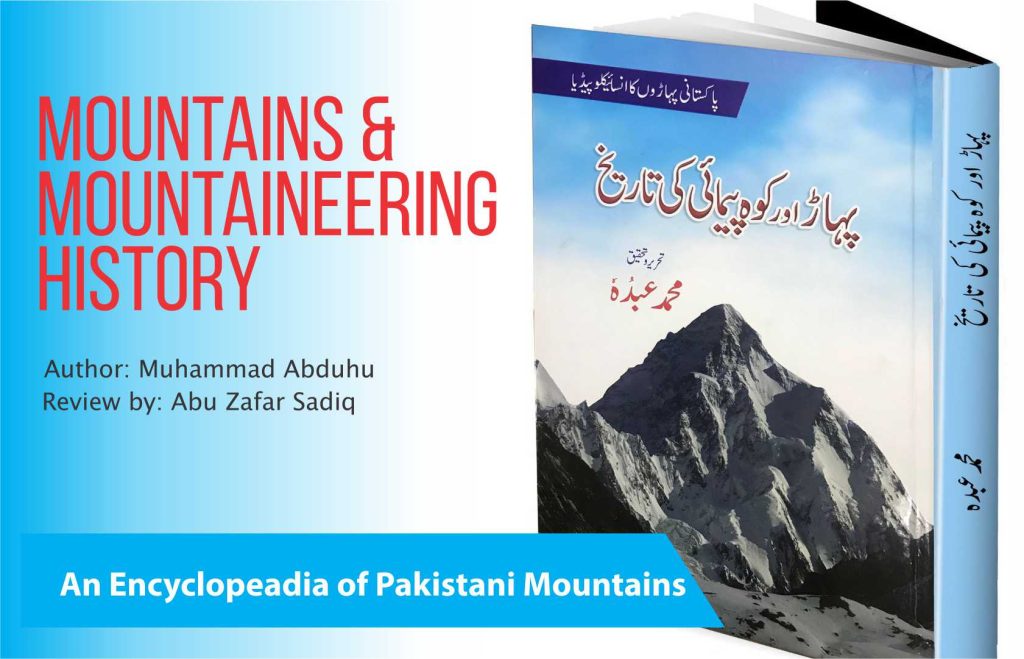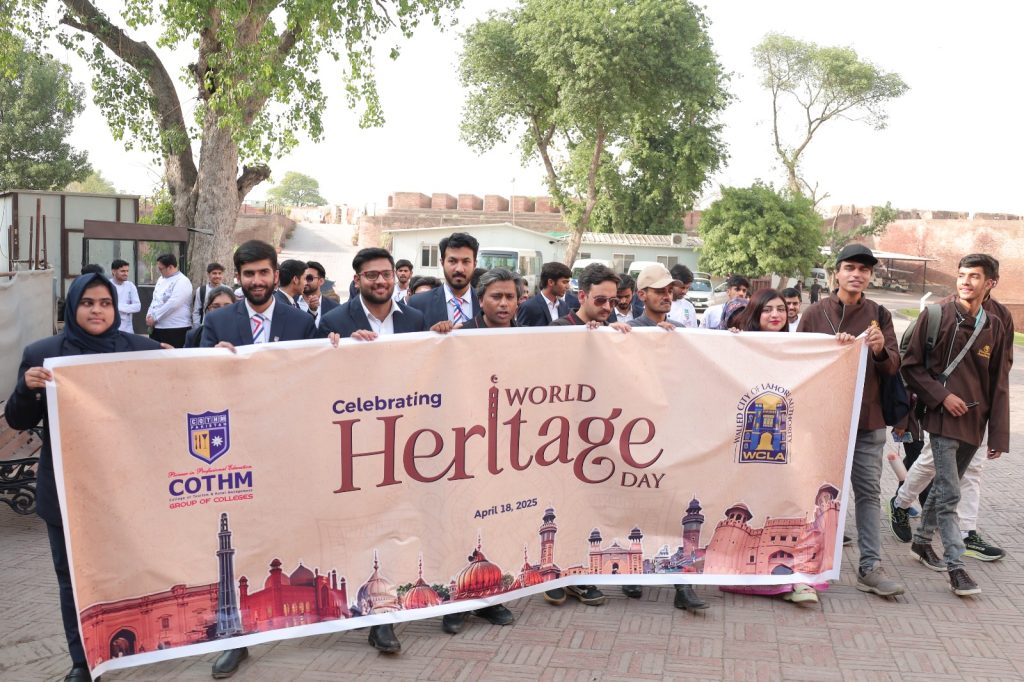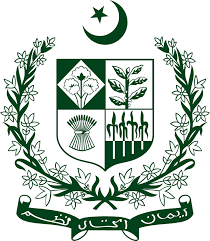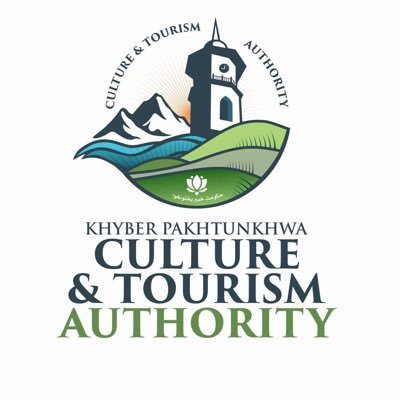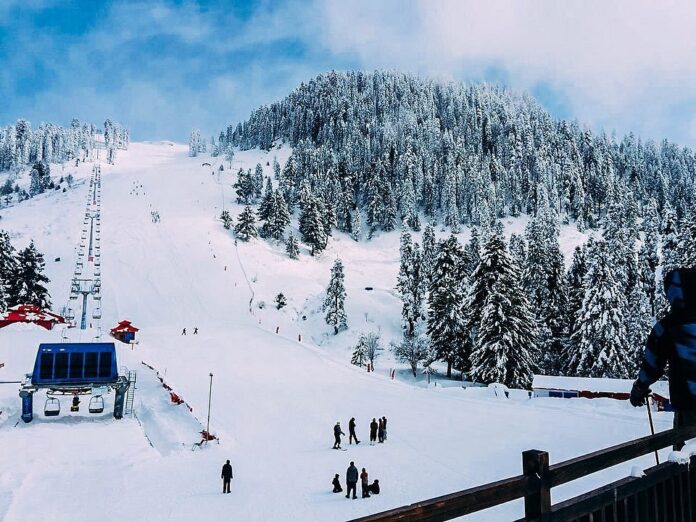The author is a well-known Mountains & Mountaineering History traveler who has been roaming in the mountains of Pakistan for decades along with travelling in different areas of Pakistan besides few countries abroad. He has great interest in tourism and has written articles on different themes of tourism and allied issues. He has also written books on different aspects of tourism in Pakistan and abroad.
The collection of information regarding mountains and their history of climbing in Pakistan is quite challenging due to non management of data base and lack of proper maintenance of climbing ascents by the relevant authorities in the country. The author has taken pains to approach libraries and consult with the concerned departments, senior climbers and trekkers who have shared authentic information to a great extent. However, in some cases, conflicting data is pointed out and inclusion of certain historical information depicts the extraordinary efforts of the author. At the end of the book, the rich resources the author has benefited from are listed in the bibliography.
The book presents historical background of Northern Mountain Regions of Pakistan, introduces maiden climbs of high mountains, treks and trekking in Pakistan, glaciers, rivers, passes and introduction of Alpine Club of Pakistan.
In the first part of the book, the author briefly introduces high Mountains & Mountaineering History; 14 eight thousand meter peaks of the world including 5 in Pakistan i.e. K-2 (8,611-M), Nanga Parbat (8,125-M), Gasherbrum-I(8080-M), Broad Peak (8051-M) and Gasherbrum-II(8,035-M). Similarly, an account of 186 Peaks above 7000-M, including some famous peaks below 7000-M has also been included.
Some of the world records regarding climbs above 6100-M during 1850 to 29th of May, 1953 are also taken into consideration. Trekking opportunities in Pakistan are explored in the third part of the book. Introduction to the concept of trekking, its types, classifications of trekking zones, open restricted and closed areas along with the details of popular treks to the base camps of famous peaks, location, passes, glaciers, itinerary and trekking time for each stage are alike useful for the guidance of the readers who want to enjoy northern Pakistan.
The introduction of ACP and mountaineering related information in the 4th part of the book is taken from a publication written decades ago by the former President of ACP General R Qamar Ali Mirza. The information is quite old whereas facts have significantly changed with the passage of time.
In brief, the book is a great contribution on the subject rarely touched by the writers. The huge information regarding high mountains, passes, glaciers, rivers in a consolidated form is an asset for trekkers, mountaineers, tour operators, guides and above all mountain lovers. It can also serve as a wonderful resource for the students who want to specialize in the mountain tourism of Pakistan.
The book can be further improved in the next edition by including more updated information obtained from the government authorities about the recent climbing history to expand its horizons and readership.

